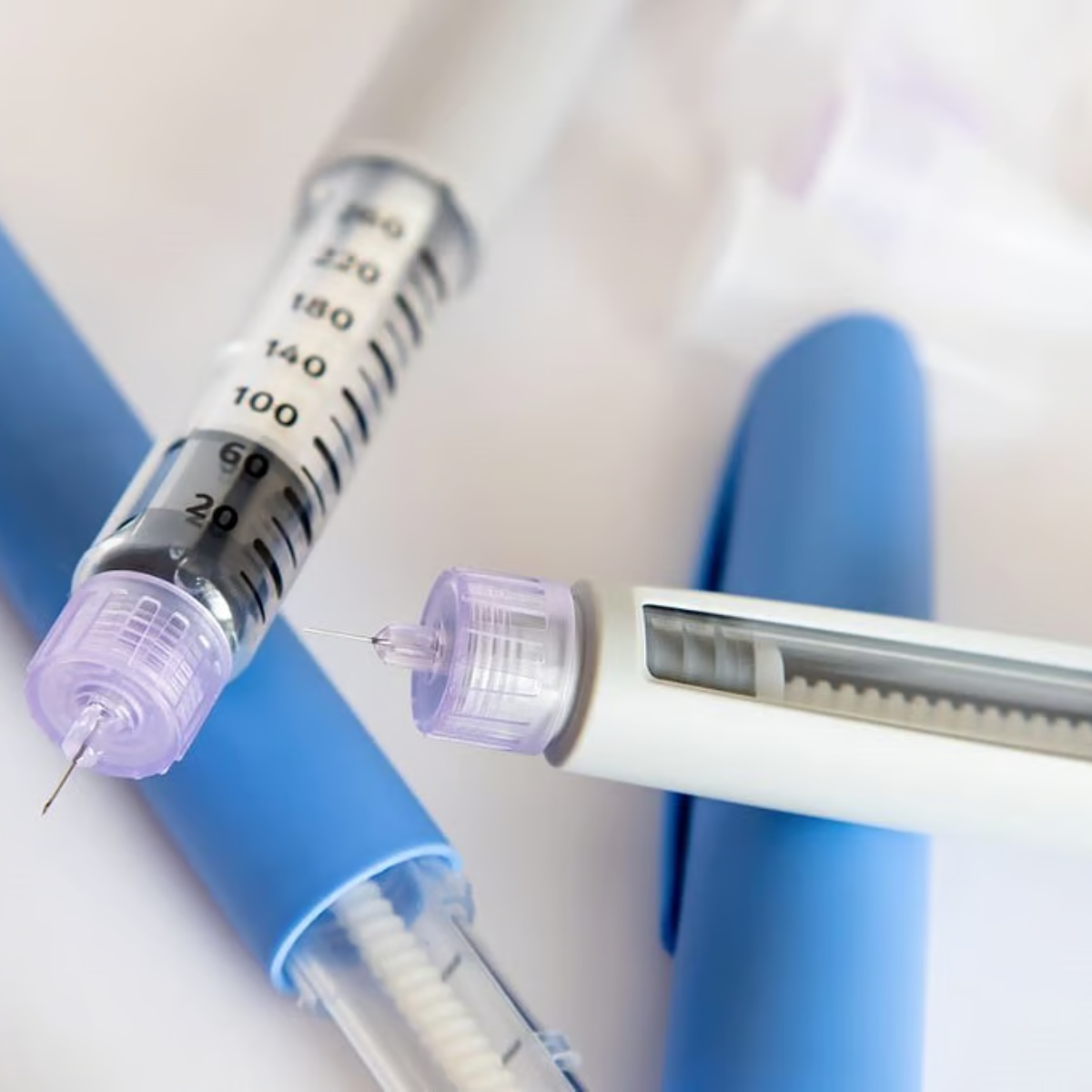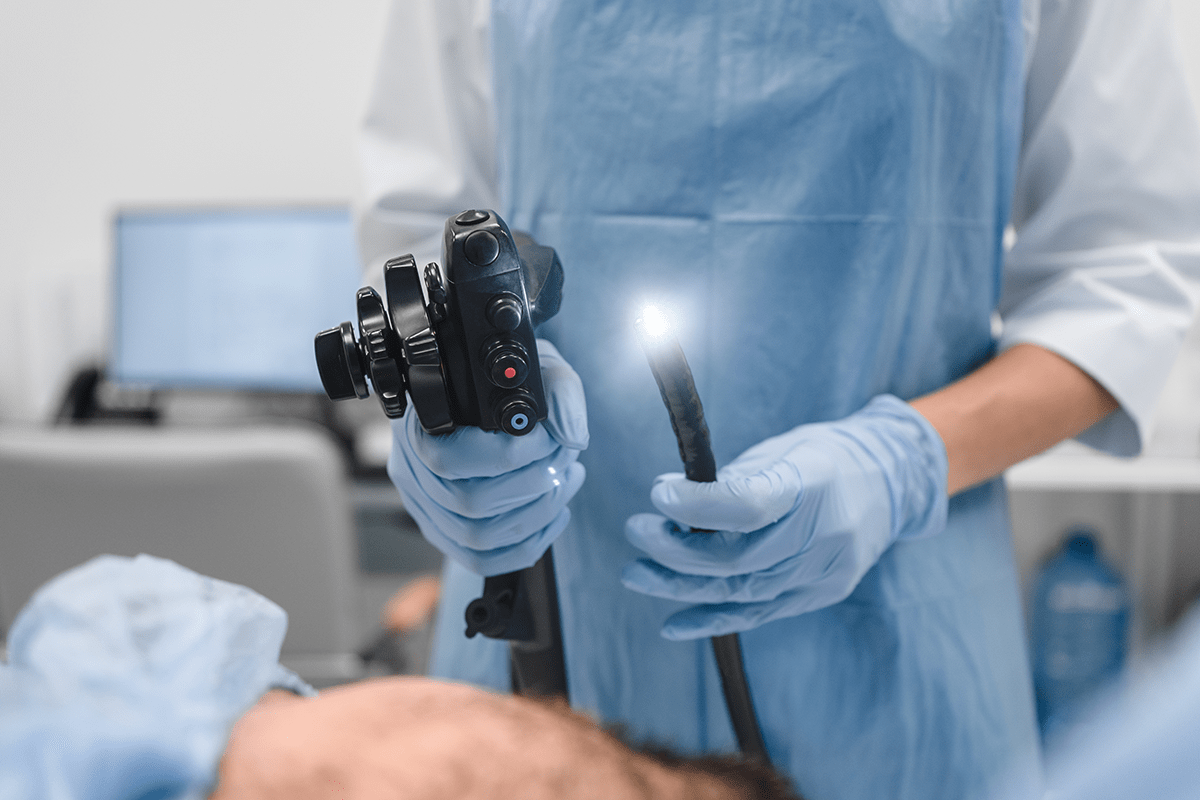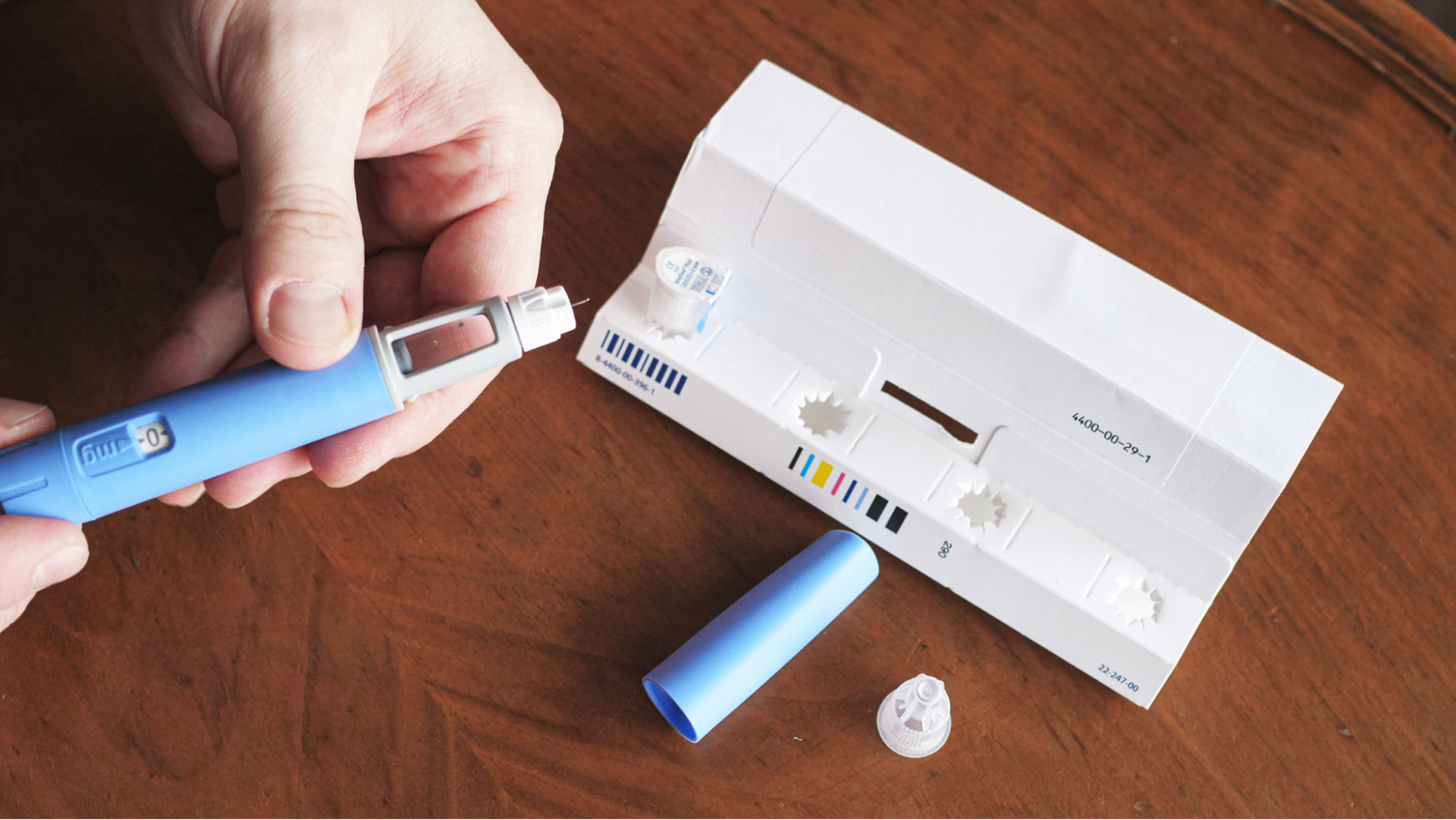Weight Regain
Bariatric surgery is usually intended to be a once-in-a-lifetime procedure. In patients that maintain nutrition and physical activity changes, the prevalence of weight regain is less than 10%.
Why Do People Plateau with Weight Reduction or Regain Body Weight?
- Physiologic priority imbalance
- Weight loss may decrease neuroendocrine factors, which in turn may increase hunger.
- Neurobiology
- Neuro-biologic processes strongly resist under-nutrition (starvation) but only weakly resist over-nutrition.
- Analogous example:
Hypoglycaemia (low blood sugar) can be profoundly symptomatic and may promote physiologic and behavioural priority for immediate caloric intake. On the other hand, hyperglycaemia (high blood sugar) is often asymptomatic and rarely promotes physiologic and behavioural priority for immediate reduced caloric intake. In other words, as we gain weight, we often don’t notice any symptoms. As we lose weight, we are motivated to eat due to hunger to restore the status quo. One of the most powerful ways bariatric surgery leads to effective weight loss, is by curbing hunger.
- Energy expenditure
- There is a decrease in resting energy expenditure with weight loss due to loss of body tissue. Due to adaptive thermogenesis the reduction in resting metabolic rate exceeds that predicted by loss of body tissue.
- Greater muscle efficiency occurs with weight loss, resulting in less energy expenditure with physical activity.
- Behaviour
- Commitment amnesia
- Forgetfulness of the degree of change and effort required to achieve initial weight loss success
- Lack of maintaining accountability logs
- Altered priorities
- Intervening stress
- Changing life circumstances
- Changing health status
- Setpoint fallacy
- The mistaken belief that once achieved, maintenance of weight loss will persist, irrespective of behaviour, nutrition, and physical activity
- Priority fatigue
- Lack of maintaining healthy body weight priorities
- Resorting to previous nutritional and/or physical activity habits after achieving initial weight-loss success
- Decision fatigue
- Mental stress or multiple higher priority decision-making may impair self-regulation regarding health, and may facilitate choosing unhealthful, immediately rewarding and immediately available ultra-processed foods over more healthful, delayed-gratification unprocessed foods
After surgery, there are additional specific considerations. A well-quoted systematic review of 16 articles classified the causes of weight regain after bariatric surgery into 5 domains: nutritional noncompliance, mental health issues, endocrine or metabolic imbalance, physical inactivity, and anatomic surgical factors. Anatomic surgical factors your surgeon will consider include: dilatational of the gastrojejunal stoma, gastrogastric-fistula, gastric pouch length, greater residual gastric volume, dilatation of the gastric sleeve or retained fundus; depending on the procedure you had done.
As we can see, weight regain can result from many factors. This requires evaluation by your bariatric surgery team for possible lifestyle, mental health, medication, endoscopic, and surgical intervention. Regular follow up is key to avoiding and/or limiting weight regain.


















